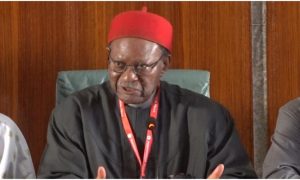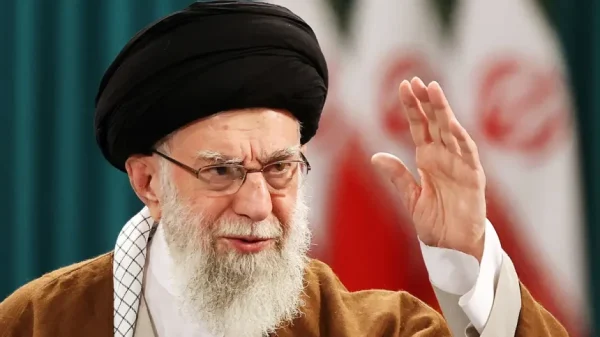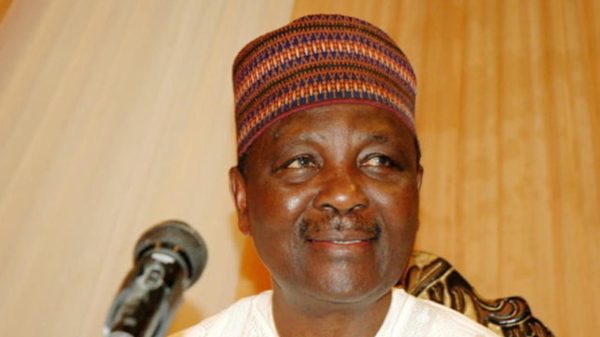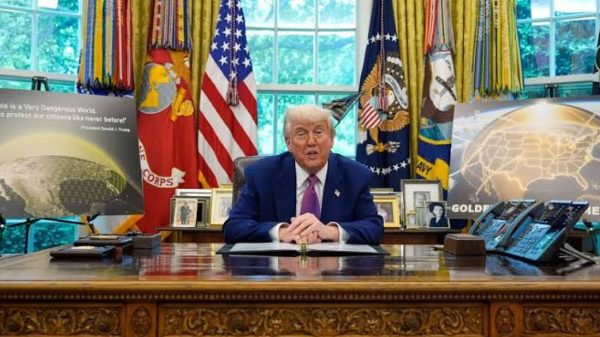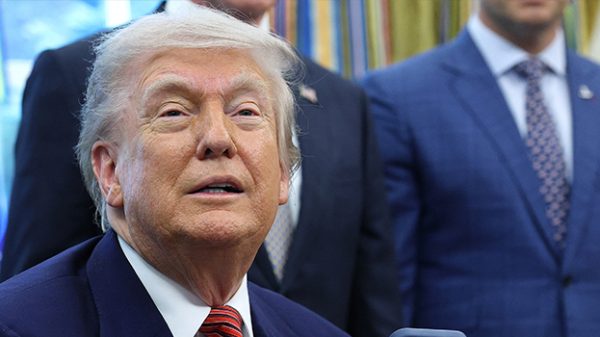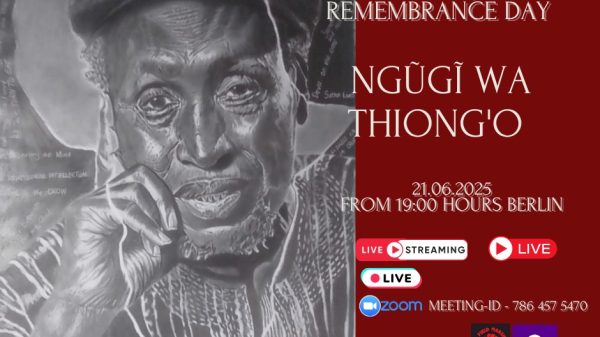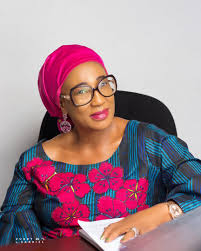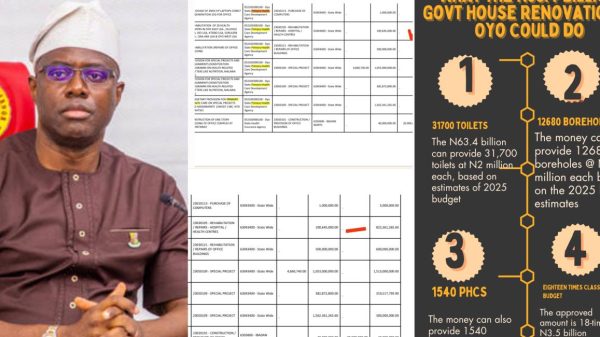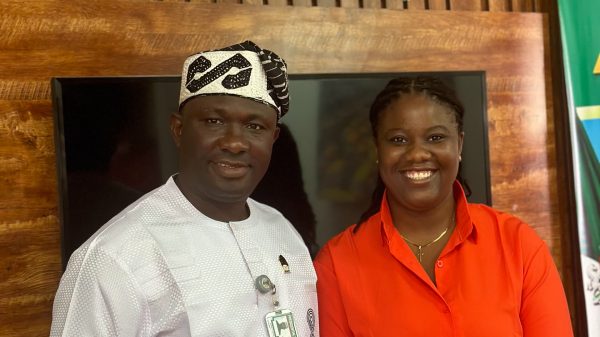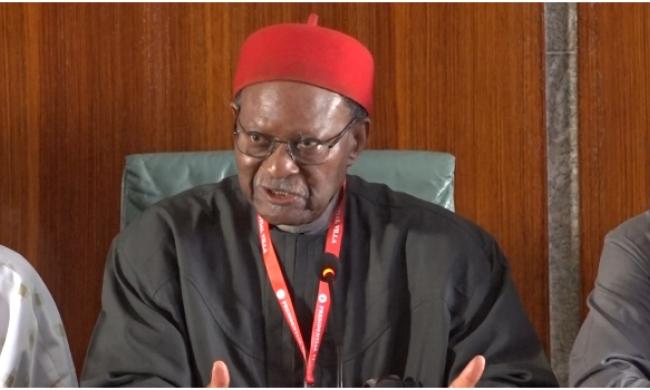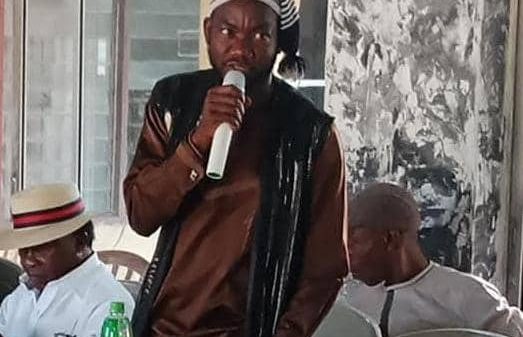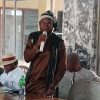Lagos, Nigeria – November 14, 2024 — Former Commonwealth Secretary-General, Chief Emeka Anyaoku, has strongly criticized Nigeria’s 1999 Constitution, describing it as a major barrier to the country’s progress. Anyaoku argued that unless Nigeria discards the current constitution, even the most capable leaders would be unable to save the nation from its challenges.
Anyaoku made these remarks on Wednesday at the launch of *The Noble Academic and Patriot: A Biography of Emeritus Professor Akinjide Osuntokun*, held at the Nigerian Institute of International Affairs in Lagos. He emphasized that Nigeria’s governance issues are rooted in the flaws of the 1999 Constitution, which he believes hinders national unity, stability, and development.
During his speech, Anyaoku recalled Nigeria’s governance structure before the military’s intervention in January 1966, when the country operated under a federal system. He noted that during that era, Nigeria was more unified and steadily advancing toward its potential.
“Nigeria was more united, stable, and developing towards its potential,” Anyaoku remarked. He stressed that nations with diverse populations can only thrive under federal constitutions that allow for regional autonomy and decentralized governance.
Anyaoku cited examples of pluralistic countries like India, Canada, and Switzerland, which have managed diversity successfully through genuine federal structures. In contrast, he referenced countries such as Yugoslavia, Czechoslovakia, and Sudan, which fragmented due to their inability to accommodate diversity.
He noted, “The universal lesson is that pluralistic countries that have remained unified and progressive as single political entities are those that embrace their diversity with genuine federal constitutions.”
According to Anyaoku, the 1999 Constitution does not align with Nigeria’s diverse cultural and regional makeup, leading to ongoing problems such as political instability, economic struggles, insecurity, and widespread corruption. He argued that these issues are not solely due to poor leadership but are symptoms of a flawed constitutional framework.
“As long as Nigeria continues to operate under this constitution, even an angel like Gabriel cannot save it,” he stated, underscoring the urgency of constitutional reform.
Anyaoku urged the Federal Government and the National Assembly to prioritize the adoption of a new constitution inspired by the 1960/63 Constitution, which was agreed upon by Nigeria’s founding fathers. He argued that a democratic constitution crafted by Nigerians themselves is essential for achieving unity and sustainable development.
“The divisiveness, struggling economy, widespread poverty, insecurity, and rampant corruption are among the significant issues facing Nigeria,” Anyaoku said. “For the sake of preserving our nation, we must urgently adopt a truly federal constitution.”
He concluded his address by emphasizing that embracing a federal system similar to the one Nigeria had before 1966 is key to solving the country’s current challenges and paving the way for a brighter future.
